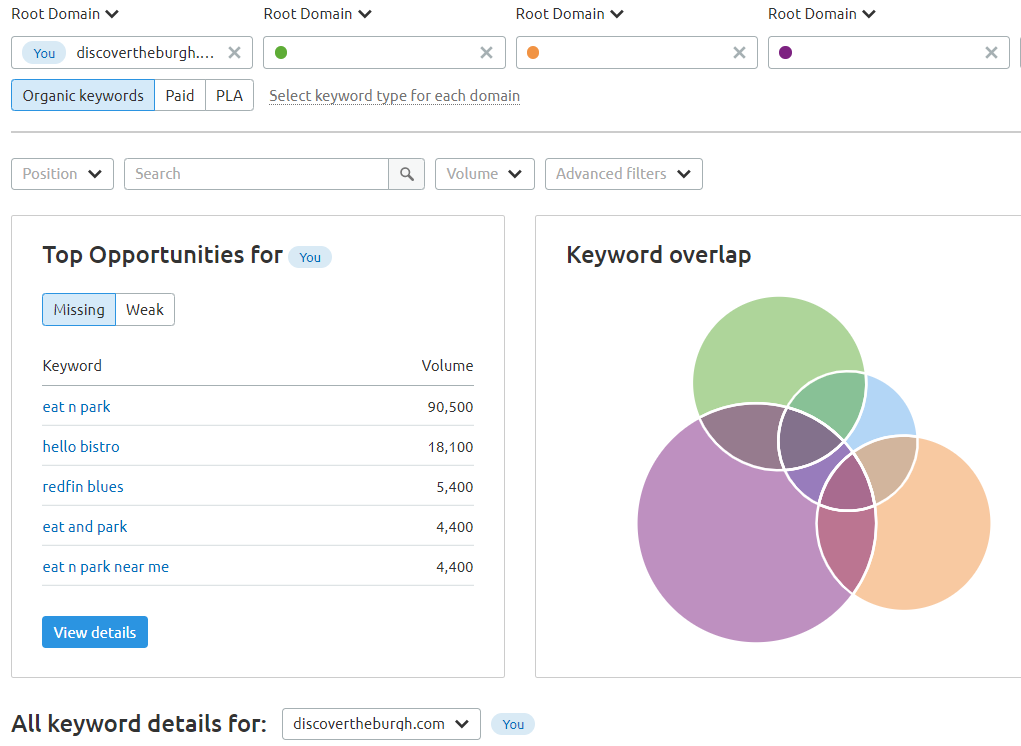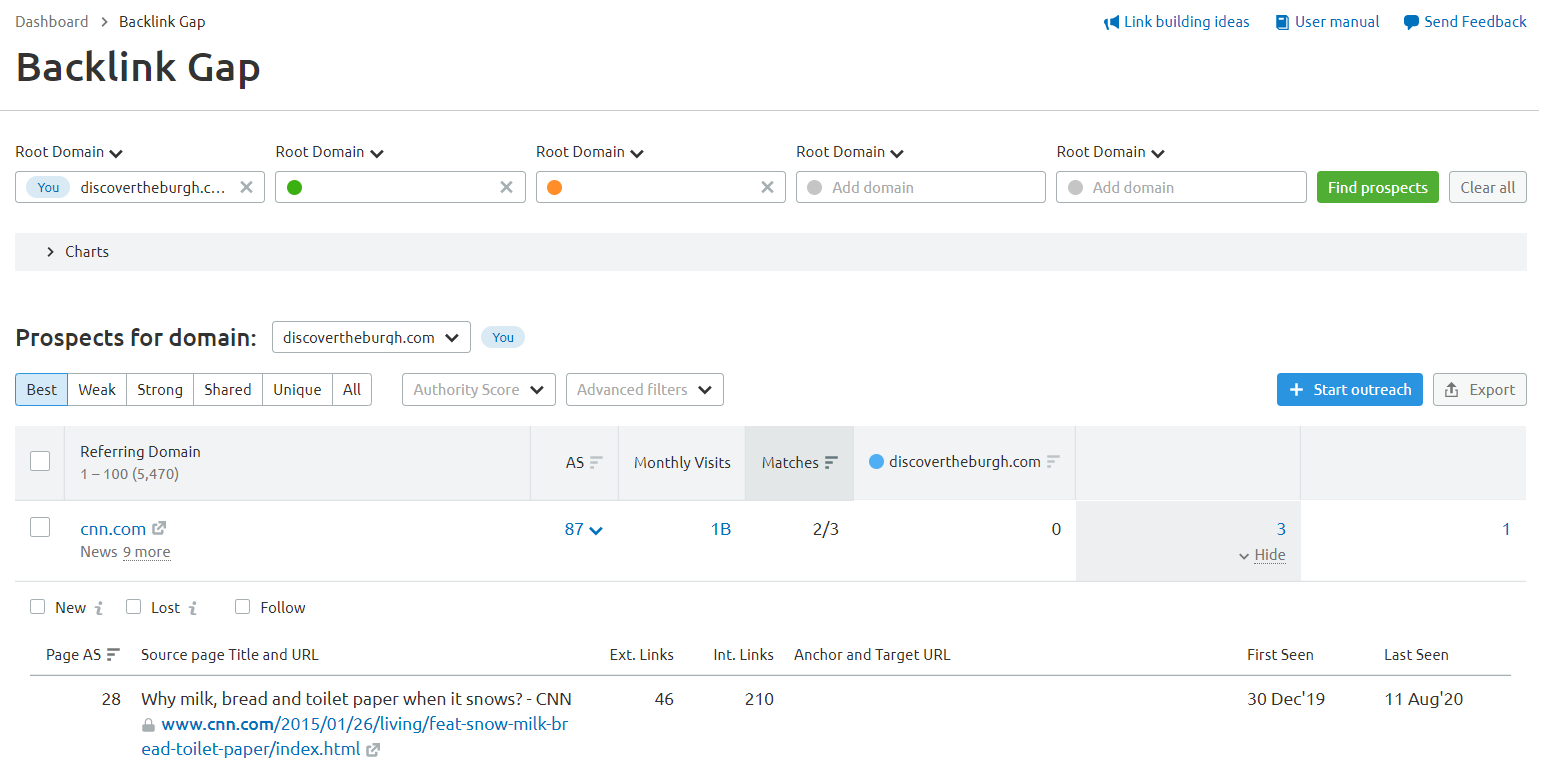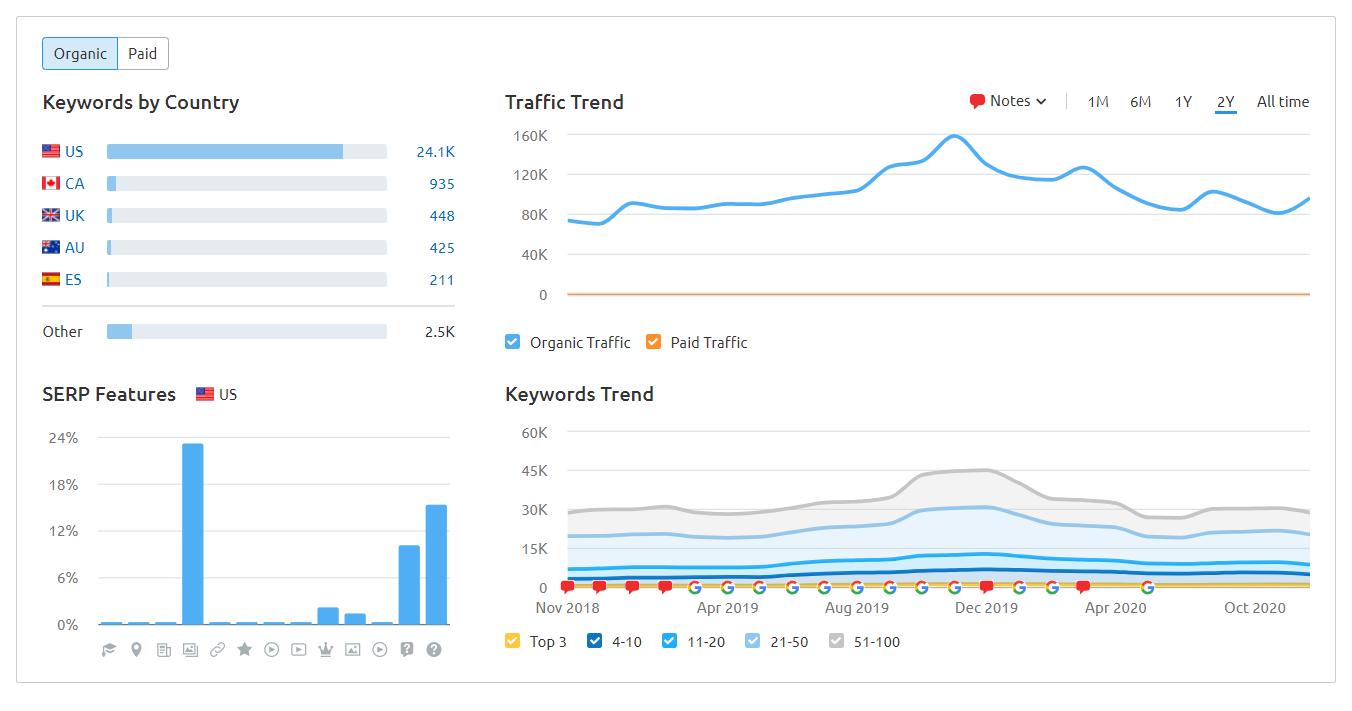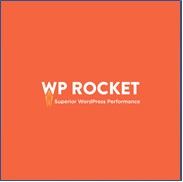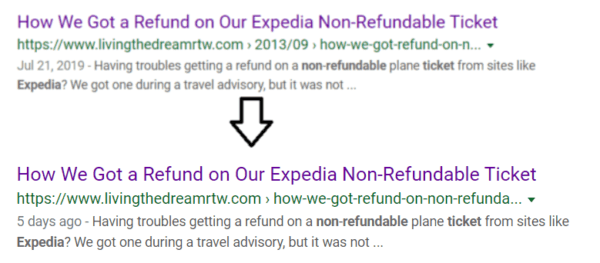Published by Jeremy. Last Updated on July 21, 2022.
Disclaimer: This Week in Blogging uses demographic data, email opt-ins, and affiliate links to operate this site. Please review our Terms and Conditions and Privacy Policy.
At its core, SEMrush is a one-stop-shop for all things SEO. It allows you to perform keyword research, track positions, spy on your competitors, find common SEO errors, and a whole lot more.
While some of these features may be best utilized by SEMs who have a number of client websites they manage, bloggers may find a few of SEMrush's features especially valuable including their keyword and backlink analysis tools, competitor insights, and more.
Makes Finding Keyword and Backlink Opportunities (Mostly) Easy
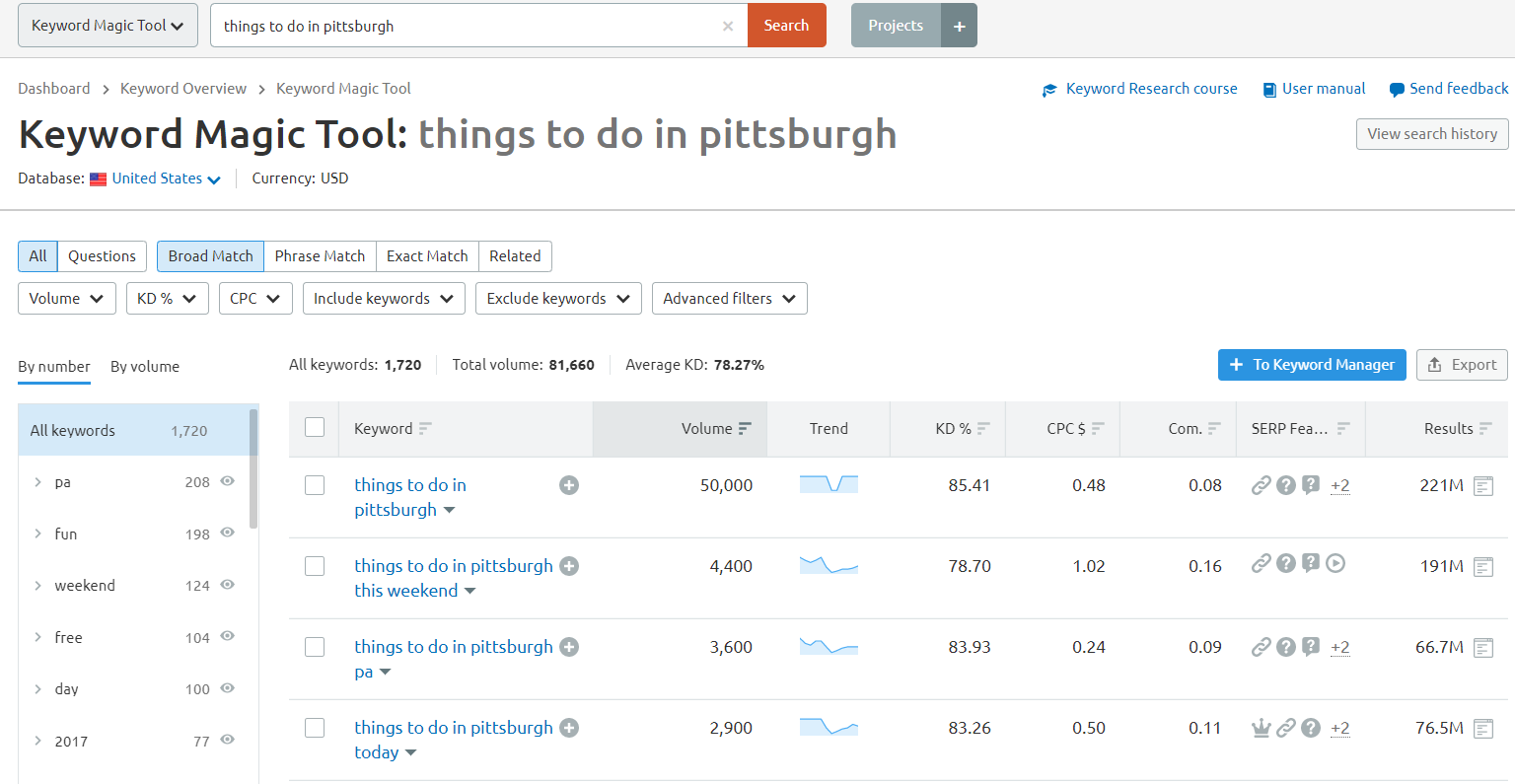
One of my favorite features about SEMrush is that it is rather easy to find keywords, their search volumes, their perceived difficulty (on a 100% scale). The service does a really good job at giving comparable keywords as well and showing you their relative search volumes (plus historical trends). Unfortunately, interpreting whether or not your site is competitive for higher difficulty scores is not as clear at first glance.
In fact, unless you have a keen understanding of how your site actually ranks for competitive terms already, this feature may be a bit harder to interpret than with other services. Their scale guide shows 0-39% being “easy”, 40-59% being “possible”, 60-79% being “hard”, and 80-100% being “very hard”, but every keyword I looked at was between 70-85% at a first glance- even ones I'd consider “easy” and “very hard” in my own personal experience.
As such, evaluating keywords that all fell within a roughly 15% range of each other felt constricting. If you find that to be the case too, it may take some time to get used to the nuances between, say, a 74% and a 75% score.
So while that point may have some pains initially, SEMrush really excels is in some of its other SEO outlets like backlink opportunities and competitor analyses- two features I absolutely adore.
Competitor Analysis on SEMrush
When it comes to researching competitors, SEMrush makes it really easy to put in any domain you compete with, find what keywords they rank for, how much-estimated traffic they receive, and then automatically cross-reference it with your site to find keywords you may not rank for yourself (this feature is called Keyword Gap).
Here, I had exported a report of 10,000 keywords between my local blog and three of its biggest competitors and unlocked a wealth of information to look through in just a couple of clicks. I repeated this with This Week in Blogging, our wine blog, and my travel blog and had an absurd amount of data to sort through that turned into several dozen post ideas per site.
Another unique feature is a comparable tool for backlinks (Backlink Gap) where you can repeat the same process and find high authority sites that your competitors have backlinks on as well. While getting links on these in return is much harder than comparing keywords, depending on your site, niche, and context could help generate ideas on how to approach operators of those places for a feature. Once again, all this data was exported in just a few clicks.
From there, the service does a really good job in building a one-stop-shop kind of database where you can monitor your SEO work and performance over time. But to really get the value of these, you are going to have to really want to pay for it. SEMrush does not come cheap!
The Downside? The Price
The only real hesitation I have on SEMrush is one that is echoed across the internet- the price. The base pro plan is roughly $120 per month (discounts are available for annual packages) and more professional options exist with features that may be of more interest to those who run SEM companies or do regular SEO work for clients (for bloggers the biggest difference would be the number of keywords you can run in a report- the base plan tops out at 10,000 at the time of publication which is rather generous).
Compare this with other keyword research tools, like Keysearch (which you can get a year license for about two months of SEMrush), and you can see why we hesitate.
The first thing to highlight is that, yes, SEMrush offers a far more comprehensive service than its free and cheaper competitors. This is not really up for debate. The service does a great job offering an all-in-house SEO tool be it through keyword research, SERPs monitoring, and analyzing your competitors for gaps where you can grow.
Is it worth $120 per month? That would really depend on if you have the budget for it.
One of the things that I typically do with SEMrush is, rather than pay for a yearly license, sign up for one month and dedicate as much time as I can to utilizing the service for keyword and competitor research. The bulk tools for research here allow for massive amounts of data to be exported in a very short period of time and really helps justify the cost for short-term use every so often in my mind.
It would not help with SERP tracking or the like for long-term monitoring (which the service does quite well), but could be an effective use of spending for bloggers who have limited funds. But again, this is speaking to bloggers who are likely less willing to invest that kind of money as opposed to those who do SEO work day-in, day-out for many clients. Here, the value is clear- SEMrush is a powerful option to consider.
To check out more about SEMrush and pick up a license, click here.
Join This Week in Blogging Today
Join This Week in Blogging to receive our newsletter with blogging news, expert tips and advice, product reviews, giveaways, and more. New editions each Tuesday!
Can't wait til Tuesday? Check out our Latest Edition here!
Upgrade Your Blog to Improve Performance
Check out more of our favorite blogging products and services we use to run our sites at the previous link!
How to Build a Better Blog
Looking for advice on how to improve your blog? We've got a number of articles around site optimization, SEO, and more that you may find valuable. Check out some of the following!

